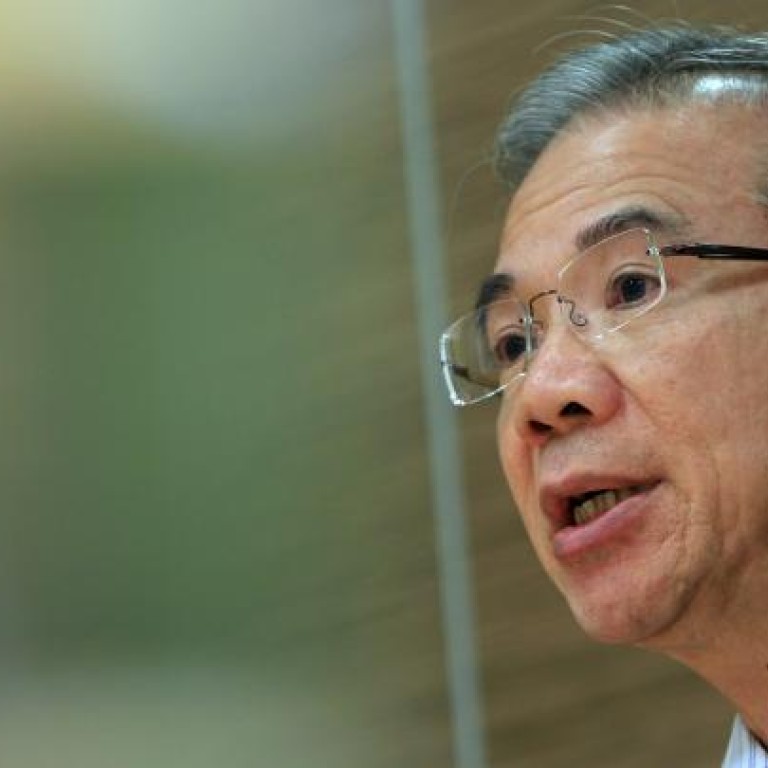
Hong Kong's leadership of fools
Stephen Vines doubts the soundness of its policy advice and research
How do you turn a muddle into an extraordinary mess? It's easy - join the administration of Leung Chun-ying. Let us momentarily set aside the mounting controversies confronting the government and turn to the dysfunctional way it conducts its affairs.
Speaking to senior civil servants, you quickly get the impression of a lack of confidence in their new leader. True, this is a tight-knit group with great confidence in their abilities, but they do like to be led. They also want some involvement in decision-making and to feel a sense of purpose. Evidently this is lacking in the new order.
Moving up the government food chain, we can only gasp at what is apparently happening in the Executive Council. Lam Woon-kwong, Exco's convener, has said it is not his job to act as a mouthpiece for government policy, but to furnish advice and occasionally go public on issues where he believes the government is falling down on the job.
This is an admirable point of view from an admirable person. But how can he sit at the head of Exco while acting as one of its more articulate critics?
A well-functioning government must surely need some sense of collective responsibility among those at the top. Lam has argued that he is not a civil servant and acts independently, but no sensible government arranges its affairs in a manner that permits members of its executive to advocate policies that are contrary to those decided by the government as a whole.
However, maybe Exco has been reduced to little more than a sham, only consulted after policy decisions have been made. This appears to be the case, if officials are to be believed when they defend Exco member Franklin Lam Fan-keung against accusations of using insider knowledge to make profitable property trades. They insist that Lam and the other non-official members were not informed of the government's new property policy until it was made public.
Meanwhile, over at the Central Policy Unit, where members are indeed charged with thinking creatively about policy and, at the very least, challenging ideas that come from inside the civil service, its new boss Shiu Sin-por seems intent on making it a "government tool".
I have worked as a policy researcher for a ruling political party in Britain and know from this experience that our job was not to simply act as cheerleaders for government policy, but to come up with ideas and challenges to the policies that flowed from the bowels of the civil service. We were proud to bring an independent frame of mind to this task.
If the think tank, which has a track record for producing new policy ideas, has been reduced to the role of government cheerleader, with the task of justifying policies rather than making them better, the Leung administration should save us some money and close it down.
It is said that the art of government is the ability to make things happen, while the art of great government is to make things happen that are beyond expectations. All governments face the formidable task of trying to be enablers, forward planners, a source of inspiration and a body that makes its citizens feel comfortable.
Any government that manages to achieve all these things has done something very remarkable. A government that manages to achieve a couple of these things is doing pretty well, but what can we say about an administration that has proved itself to be a miserable failure on all these fronts?
Step forward the Leung government and, while we're at it, the previous administrations of Tung Chee-hwa and Donald Tsang Yam-kuen, which also showed an ability to embrace failure with ease. Wags are now saying that even the hapless Henry Tang Ying-yen would have done a better job. Yes, it's come to this.

